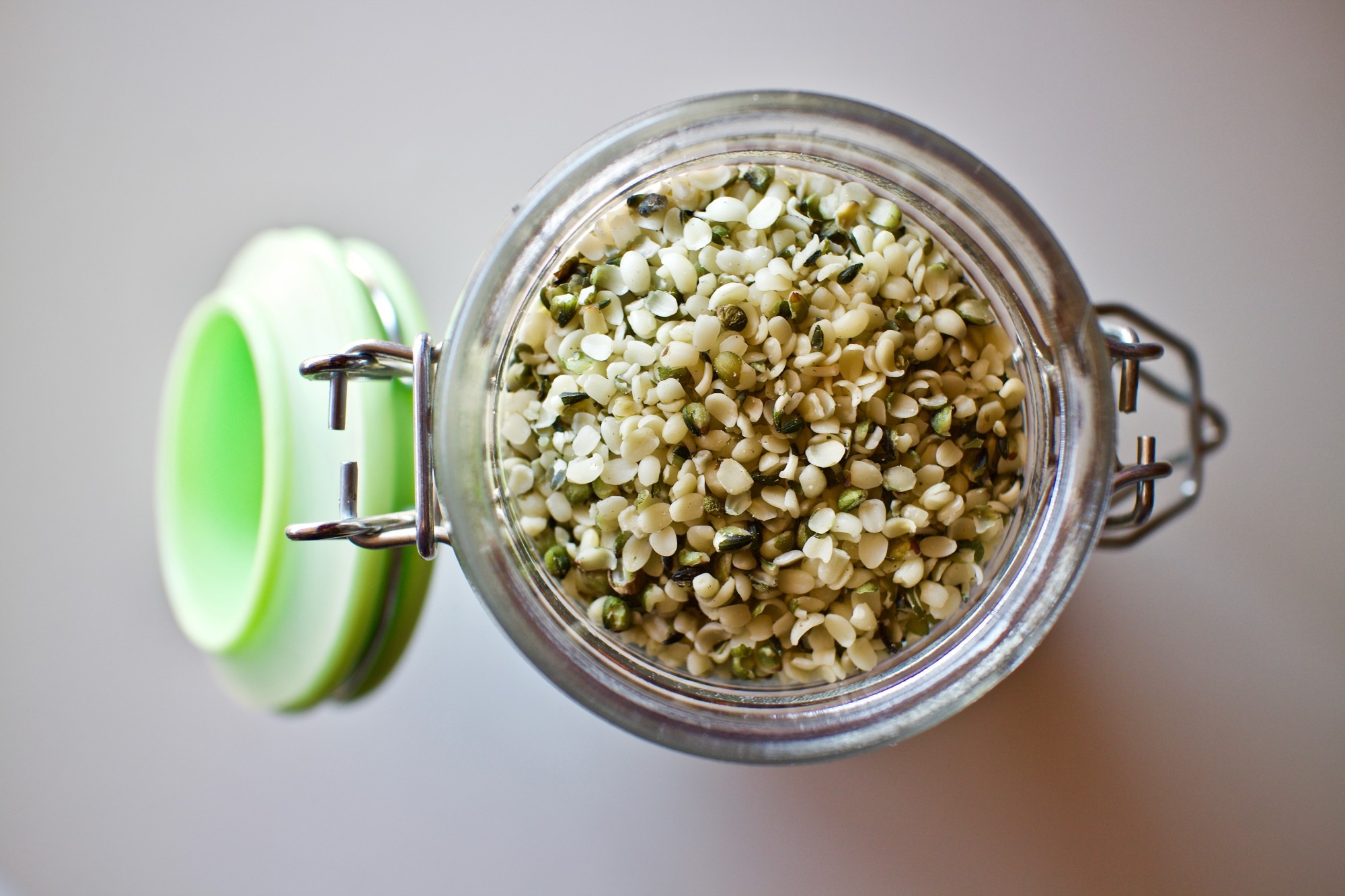
Perhaps you like a particular type of coffee beans, such as arabica, robusta, liberica, or excelsa. Perhaps you favor a particular coffee drink, say, cafe latte, cafe mocha, espresso, americano, cold brew coffee, cappuccino, or double espresso.
Or perhaps you’re a coffee expert and particular about how you brew and flavor your coffee.
Yet, despite your deep appreciation for coffee, from how it tastes to how it makes you feel on top of the world, you may consider it a guilty pleasure.
Let’s look at why coffee is good for you. Then we will try to understand why it has earned a bad rap.
Reasons for Doubt
If you feel guilty about your “coffee habit” it’s because you’ve succumbed to the widespread belief that coffee is not good for you. While you find it tasty and energizing, other people have warned you that it’s not good for you—that you’re addicted to something that could harm you.
You may also have been influenced by people who had some side effects from coffee, such as jitteriness or heartburn. You may also have heard it from people whom you respected because of their excellent knowledge about nutrition, people up on the latest trends in healthy eating.
Fortunately, it’s easy to defend your love of coffee because science is on your side. Many studies have shown that coffee is good for you. There is a large body of scientific literature on exactly how it can help prevent many common diseases. Let’s take a look at the science…
Why Coffee Is Good for You
Scientists have extensively researched coffee and discovered that it has high nutrient value and that it has a beneficial effect on either preventing some serious diseases or mitigating their intensity.
Nutritional Profile of Coffee
Coffee is rich in the following nutrients:
- Riboflavin (Vitamin B-2)
- Niacin (Vitamin B-3)
- Magnesium
- Potassium
- Phenolic compounds (Give antioxidant protection against cardiac diseases and cancer).
Although it’s great that coffee has some essential vitamins and minerals, its primary benefits come from its rich array of several potent antioxidants.
One of these antioxidants–Hydrocinnamic acids–is highly effective at neutralizing the damage caused by free radicals. Free radicals are uncharged molecules with unpaired valence electrons. These short-lived but highly reactive molecules damage organic tissue, which, in turn, if left unchecked over time, can lead to serious illnesses.
Health Benefits of Coffee
Coffee can reduce the risk or mitigate the following diseases:
- Diabetes (Type 2)
- Parkinson’s disease
- Liver cancer
- Gallstone disease
- Heart failure
Why Coffee Has Earned a Bad Rap
Drinking an excessive amount of coffee produces a variety of adverse effects.
Drinking more than four cups a day can pose the following health risks for certain populations:
- An increased risk of bone fracture
- An increased risk of pregnancy loss, low birth weight, or preterm birth
- An increased risk of gastroesophageal reflux disease
- An increased risk of nervousness and anxiety
Closing Argument
Coffee offers many health benefits if you drink it in moderation. Researchers consider one to four cups a day beneficial. If you exceed this amount, believing that if a little bit is good for you then more must be better, you’ll discover that coffee poses some health risks, such as overstimulation, acid reflux, or insomnia.
Coffee is not healthy for everyone. Pregnant women should avoid coffee. So should people more susceptible to bone fractures.
If you prefer not to drink black coffee, then monitor the ingredients you add to your coffee, like cream, flavorings, and sugar. Often, you can find healthy alternatives to ingredients that enhance the flavor. Incidentally, if you smoke while you drink coffee, then you negate all the benefits of coffee.


